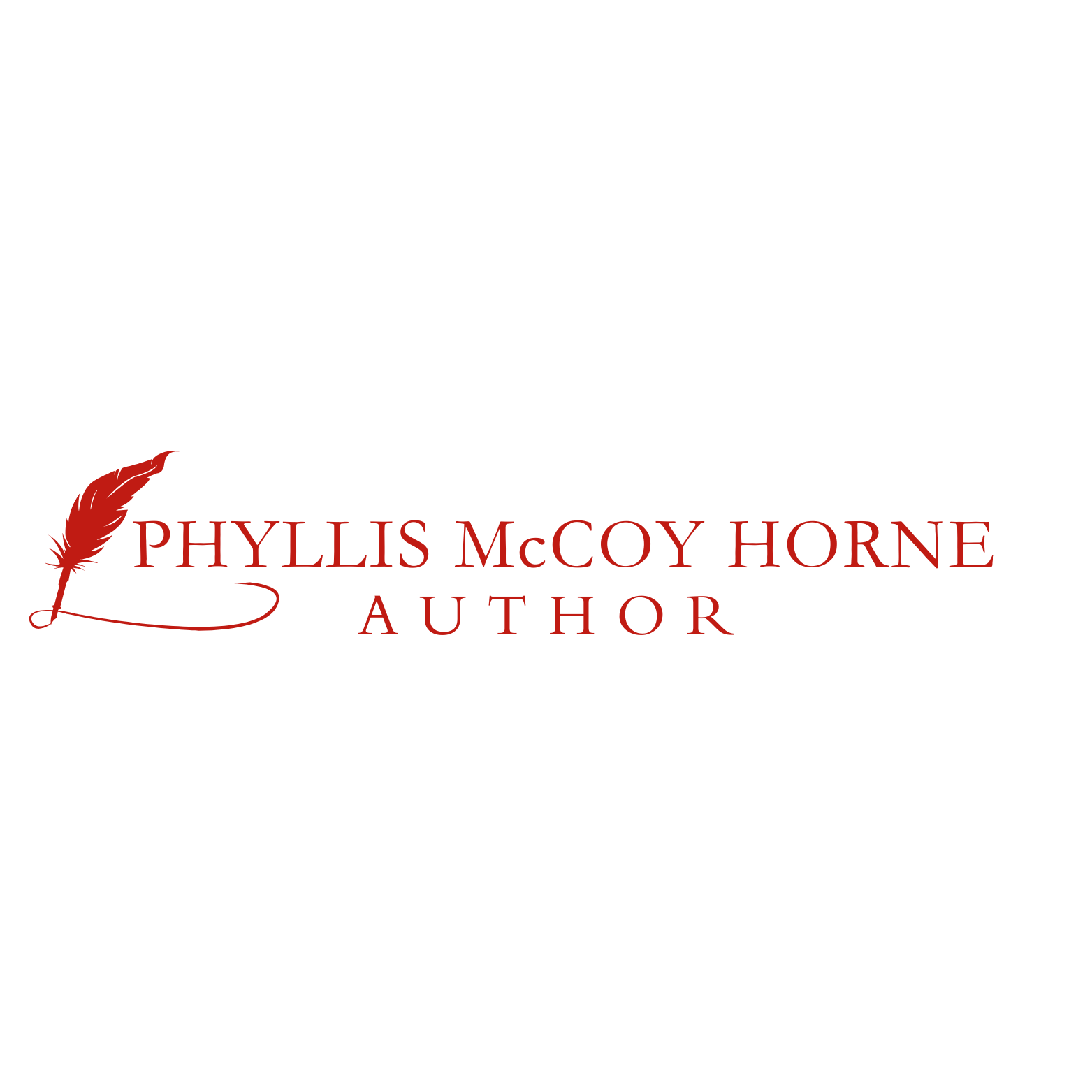Tools of the Trade
- Phyllis Horne

- Mar 9, 2025
- 2 min read
Updated: Sep 5, 2025
There's a lot of emotion, fear, excitement, and talk (and arguing) going out there about writers working with AI. To me, the ethical boundary is clear: I am the writer and tools are tools—of which AI happens to be a remarkably good one, assuming you employ certain boundaries.
Remember when tractors replaced mules and horses? Well, handwriting replaced oral storytelling. Typewriters replaced handwriting. Word processors replaced typewriters. Online searching replaced library trips. Audio books replace reading words on pages. Each leap felt revolutionary. Now we have AI, and, for those who hate or fear change, or conservatively and with trembling arms embrace it, it's déjà vu all over again.
For those of you who may not know this: AI cannot write a book. I'll write a post about that another time. For now, I'll just say I find AI enormously helpful—albeit, like the human beings who build it, imperfect. When I need someone to analyze what I've written, or need to understand something I know nothing about, it's way faster than trying to find another writer friend or subject matter expert who has time to chat. It offers no ads (a big plus compared to search engines).
For research and fact-checking, AI is like having a tireless runner who can gather information from vast databases. Because AI makes mistakes, I use three or four different ones to cross-reference. If answers conflict, I dig deeper using other tools. Did Lake Peigneur really get punctured and drained due to a drilling accident? Multiple AI sources said yes, but details conflicted, so I went to Louisiana media archives to sort it out.
When checking story logic, AI can analyze sequences of events and flag potential inconsistencies I might have missed. Since The Vanishing Series uses shifting POVs in action scenes, I let AI reduce pages of action to individual beats and tell me if anything appears out of sequence. In other words, it helps me QC certain aspects of the work.
Sometimes I paste a problematic sentence into AI and ask, "What's wrong with this?" Sometimes I get a grammar lesson, sometimes word suggestions, sometimes nothing—because what was wrong was all in my head. Saves a lot of time.
For editing, AI is (almost) a powerhouse. I give it exact instructions like "remove extra spaces after periods" or "make all em dashes consistent"—the dit-dot punctuation stuff I'm terrible at. Feed it a few thousand words and voila, (almost) clean copy. Never 100%, but still: Saves a lot of time.
But here's what AI can't do: write a genuinely great sentence with enough nuance not to be trite. As of now, no AI can take just a plot idea and produce a readable 60,000-word book. It's a tool, not a replacement for judgment or voice.
I approach AI like I would a human sometimes—I push back when responses don't make sense; argue when it’s making no sense and double or triple check everything. Readers can rest assured that I will make mistakes and that every aspect of my writing, from idea to execution, every word on every page, is mine alone.
Well, except when a human editor corrects me.
The revolution isn't that we have smart tools now. It's that we're still choosing and learning how to use them.




Comments